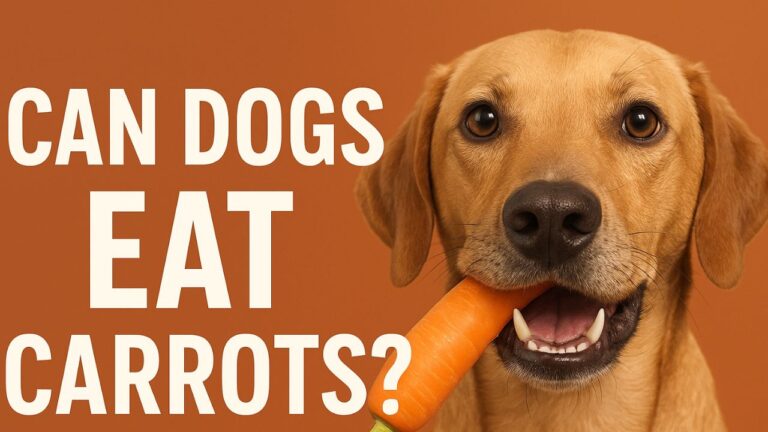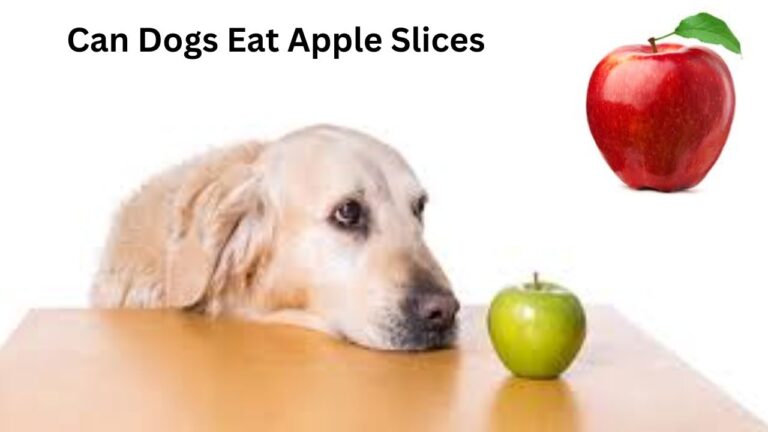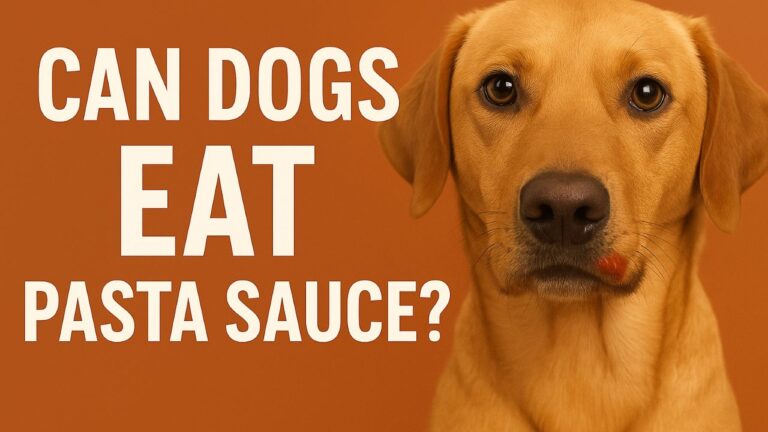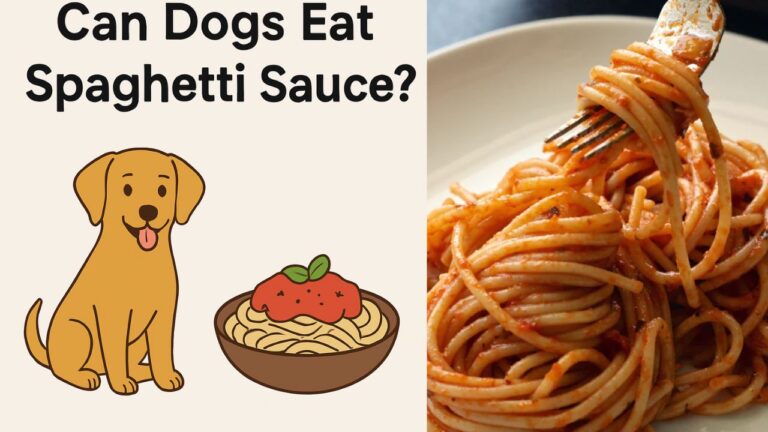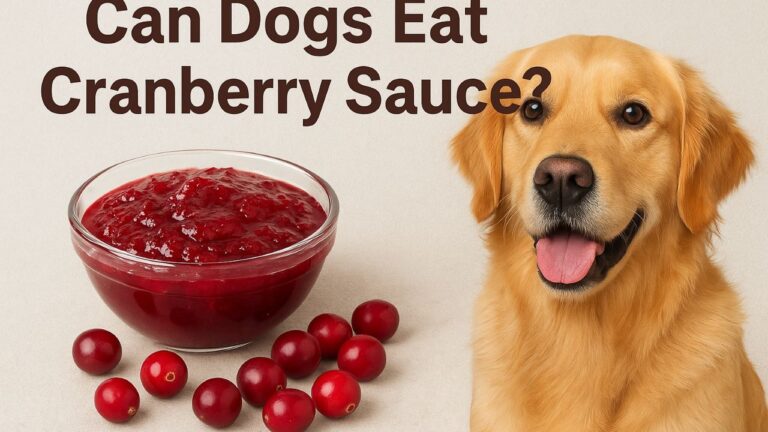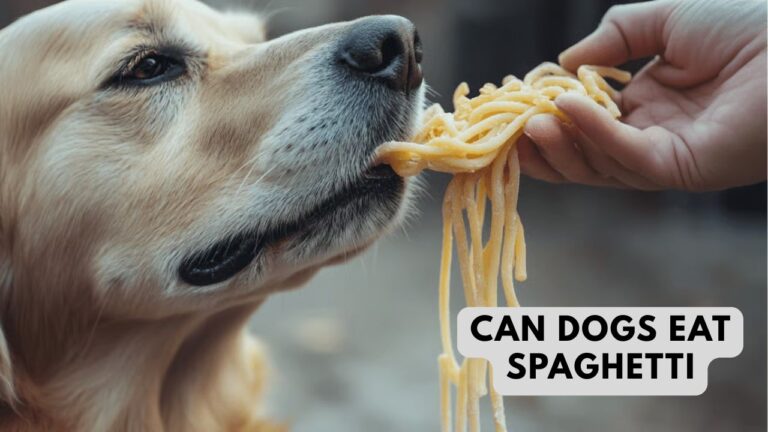Can Dogs Eat Tortillas?
Dogs are family, so naturally, we want to share our food with them. But when it comes to tortillas, the question is: Can dogs eat tortillas? Things get a little tricky. Let’s make it super simple
Dogs can eat tortillas in very small amounts, but they are not healthy.
They don’t contain anything toxic (like onions or garlic), but they are high in carbs, salt, and oil things dogs don’t need.
Why Tortillas Are Not Good for Dogs
Tortillas may seem harmless, but for dogs they bring more problems than benefits.
Here’s why:
Empty Calories
One medium tortilla (40g) has 120–150 calories. For a small dog, that’s almost half of their daily food allowance in just one tortilla. These calories are “empty” because they don’t provide protein, vitamins, or minerals just carbs and fat.
Weight Gain
Dogs don’t need extra carbs the way humans do. When they eat too many tortillas, the carbs turn into fat, which can quickly lead to weight gain, obesity, and even joint problems.
Digestive Issues
Tortillas often contain oil, salt, or gluten (from flour). These can upset your dog’s stomach, causing gas, bloating, diarrhea, or discomfort. Some dogs with sensitive digestion suffer even more.
No Real Nutrition
Unlike carrots, chicken, or pumpkin, tortillas offer almost zero health benefits for dogs. They don’t give protein for muscles, or vitamins for energy and immunity just starch and fat.
Not Safe for Puppies & Seniors
Puppies need nutrient-rich foods to grow strong, and senior dogs often have weaker digestion. For both, tortillas can be too heavy, hard to digest, and harmful in the long run..
Corn vs Flour Tortillas for Dogs
| Feature | Corn Tortilla | Flour Tortillas |
|---|---|---|
| Gluten | Gluten-free (good for sensitive dogs) | Contains gluten (may cause allergies) |
| Digestibility | Lighter, easier to break down | Heavier, can cause gas & bloating |
| Calories & Carbs | Still high, but a little lighter | Higher carbs → more weight gain risk |
| Additives | Usually simple (corn, water, salt) | Often has lard/baking powder → harder to digest |
| Overall Safety | Slightly safer, but not healthy | Less safe, best to avoid |
Safer & Healthier Alternatives to Tortillas
If you want to share food with your dog, skip tortillas and tortillas cips and try these safe, tasty options instead:
Carrots
Crunchy, low in calories, and great for your dog’s teeth. They also provide Vitamin A, which supports good vision and immunity.
Pumpkin
A natural tummy helper! Pumpkin is full of fiber, which keeps digestion smooth and prevents constipation.
Apple Slices (No Seeds)
Refreshing, slightly sweet, and packed with fiber and Vitamin C. Just make sure to remove the seeds, as they can be harmful.
Plain Cooked Chicken
Dogs love it! High in protein, gentle on the stomach, and much healthier than tortillas. Just keep it plain no spices, no oil.
1 tortilla = 10x the calories of a carrot, but with zero benefits.
What If My Dog Ate Too Many Tortillas?
Sometimes dogs manage to sneak more tortillas than they should. Don’t panic here’s what you should do:
- Watch for Symptoms
Keep an eye on your dog for signs like vomiting, diarrhea, bloating, or unusual tiredness. These are warning signs that their stomach is upset. - Provide Fresh Water
Make sure your pup has plenty of clean water. This helps flush out the extra salt, carbs, and oil from their system. - Skip Heavy Food
Don’t give regular or fatty meals. Instead, offer light, gentle foods like plain boiled rice, pumpkin, or boiled chicken these are easier on the stomach. - Vet Visit if Needed
If symptoms don’t improve within 12–24 hours, or if your dog seems very weak, it’s best to call your vet.
Important Warning:
If the tortillas had onion, garlic, spices, or seasoning, call your vet immediately. These ingredients are toxic for dogs and can cause serious health problems.
FAQs
Q: Can dogs eat tortilla chips?
No. Too salty, oily, and fried.
Q: Can dogs eat tacos/wraps?
No. Fillings like onion, garlic, cheese, and sauces are dangerous.
Q: Is a small bite safe?
Yes, once in a while. But don’t make it a habit.
Final Takeaway
Tortillas = Empty calories
Carrots, pumpkin, chicken, apples = Healthy treats
Share love with safe foods, not tortilla

